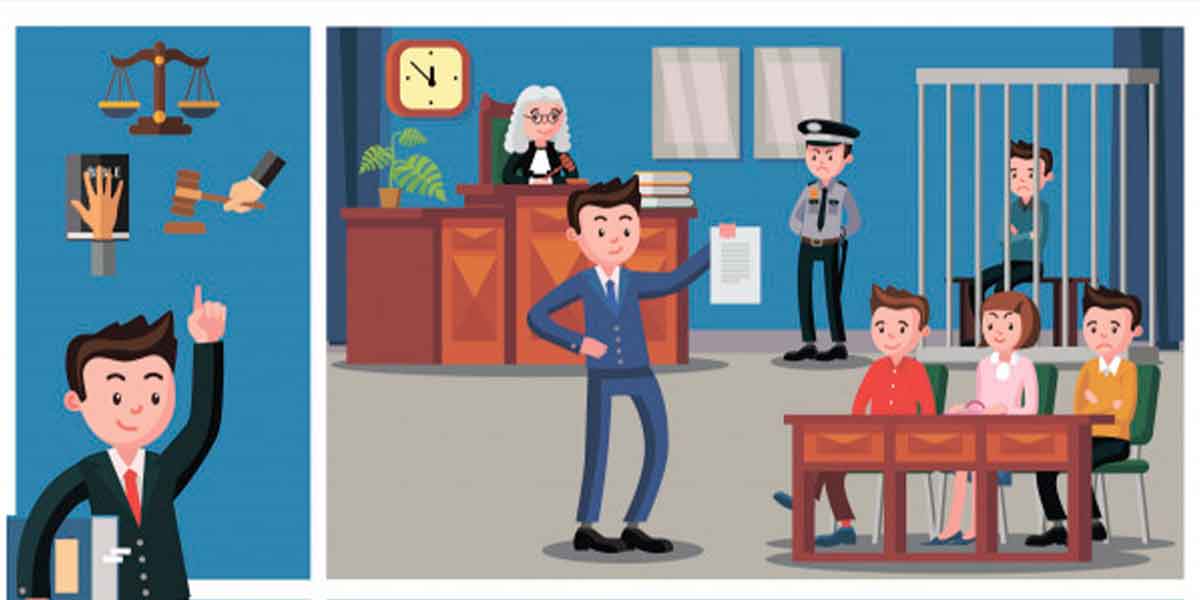Dealing with the loss of a loved one is emotionally taxing, and the last thing anyone wants is to navigate a complicated financial and legal process. Unfortunately, this is often the reality for families who must go through the probate process after a death.
Understanding probate is crucial for family members to avoid unexpected challenges. Several important questions arise during this time.
Questions such as who will manage the will, whether the lengthy probate process can be bypassed, and what happens if there is no will, are common. Notably, avoiding probate can save significant amounts of money.
Additionally, bypassing probate can expedite the transfer of assets to beneficiaries and maintain family privacy. While there are straightforward methods to avoid probate, it is essential first to understand what probate entails.
Understanding Probate and Its Implications
Probate is the legal process of administering the estate of a deceased person. If a will exists, probate involves validating the will, executing the deceased’s instructions, and settling any taxes.
Having a will simplifies this process, as it outlines asset distribution and designates an executor to carry out the deceased’s wishes.
Avoiding probate is often considered advantageous for several reasons:
- Beneficiaries and heirs can access funds more quickly and easily.
- It helps avoid costly fees, including executor fees.
- It keeps the details of asset distribution private, rather than making them public.
Advantages of Undergoing Probate
While avoiding probate has its benefits, there are also advantages to going through the process:
- It clarifies the deceased’s intentions. State laws on asset distribution are strict and complex, so a will helps communicate the deceased’s wishes and backup plans.
- Wills allow individuals to leave money to organizations, such as colleges or charities, which some probate-exempt accounts do not permit.
- Creditors may have limited recourse if they miss the window to claim debts, provided a will is in place.
Whether to go through probate or avoid it depends on an individual’s family and financial situation. It is generally advisable to keep as many assets as possible out of probate. Planning ahead and creating a will can communicate one’s wishes, reduce stress, and prevent disputes among heirs.
Strategies to Avoid Probate
Avoiding probate can be straightforward, regardless of the reason for wanting to do so.
Firstly, many states have set exemption thresholds for probate. Small estates may qualify for an expedited process, so it’s important to check state-specific probate limits before making decisions.
Another method is to distribute assets while still alive. By gifting assets to friends and family before death, one can reduce the estate size subject to probate and potentially minimize future state and federal estate taxes.
Creating a living trust is another effective strategy. Assets held in a trust are not considered part of the estate and thus are not subject to probate.
While these methods can be beneficial, consulting with a lawyer specializing in estate planning is always recommended to ensure the best approach for your situation.




